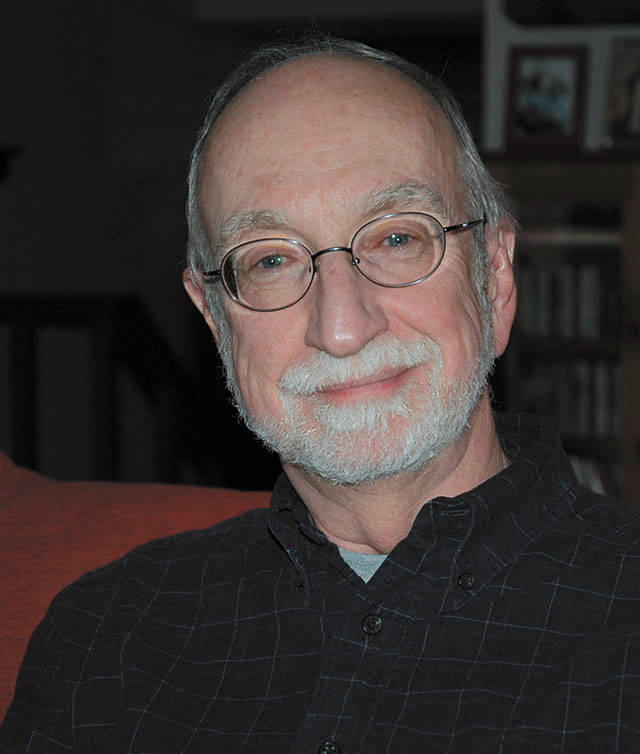By GREG WESSEL
For The Beachcomber
In case you were wondering what happened to me, I retired last fall. Lest you think retirement is all daytime television, snoozing in your favorite chair and yelling at the deer on your lawn, allow me to correct you: Retirement is when the real work begins.
Let me explain. During your career, you work a 40-hour week for “the man,” which includes about 32 hours of inane tasks like filling out expense forms and avoiding the minefield of office politics. You’ll attend at least six lunchtime birthday parties a month and go home exhausted from having done nothing, but at least you’ll have paid the bills and done your part to keep that sad system going.
When you get close to retirement, you’ll look around and notice that things have gotten a lot worse since you were in grade school, which was the last time you looked. The global community now faces significant environmental challenges that threaten the viability of future generations. The planet houses 7.2 billion humans, and our numbers are expected to increase to 10 billion by 2050. We manage 75 percent of the land surface, with 40 percent of the land surface devoted just to agriculture. Of the primordial forests on the planet, 50 percent have been lost. As a result, extinction rates are now 100 to 1,000 times pre-human levels. We are despoiling our nest through a combination of habitat loss, the spreading of invasive species, pollution, population growth and overharvesting.
At the same time, much of human suffering is due to our failure to address global health and sustainability because of divides imposed by national, ethnic, cultural and religious differences. Uneven access to natural resources, widespread environmental degradation and marginalization of regions and ethnic groups have resulted in humanitarian crises, continuous warfare, poverty and impacts to human health affecting millions.
With this in mind, I decided that retirement was my opportunity to try to fix some of these problems and save the planet for my kids and grandkids. I started by realizing that I had to build on my past strengths, so I decided to stick with what I know (geology and construction) and work at building bridges.
People in all walks of life need to work together to solve the problems facing us, but geoscientists like me have a special responsibility because geoscientists are in the forefront of global development and integral to increasing resilience and restoring damaged lands. The question is: Can we, through our science, build bridges that span significant cultural and political divides to solve problems and benefit people on all sides?
I started looking for the answer a couple of years ago, and with the help of friends and family created a nonprofit called Geology in the Public Interest (publicgeology.org). I encourage you to visit our website, see what we are up to and support us if you can.
We have several projects going, but our current efforts are concentrated on organizing a conference with eight other geoscience organizations, the Geoscience and Society Summit: Bridges to Global Health, Resilience and Sustainability. The American Geophysical Union has established a home page for the summit at connect.agu.org/gss/home, where developments and announcements will be posted. After a false start brought on by a political change at our original meeting site, we found an excellent venue at Stockholm University and will be hosting the meeting there in March of 2019.
As you might have guessed, this does not allow me much time to watch daytime television or yell at the deer on my lawn. But I do still have time to snooze in my chair, mostly when I was intending to do something else.
So if you are thinking of retiring and doing nothing, think again. Retirement is when the real work begins, the important work. “Civilization exists by geological consent, subject to change without notice,” as Will Durant said. Get out there and find ways to give your grandkids the notice they’ll need.



